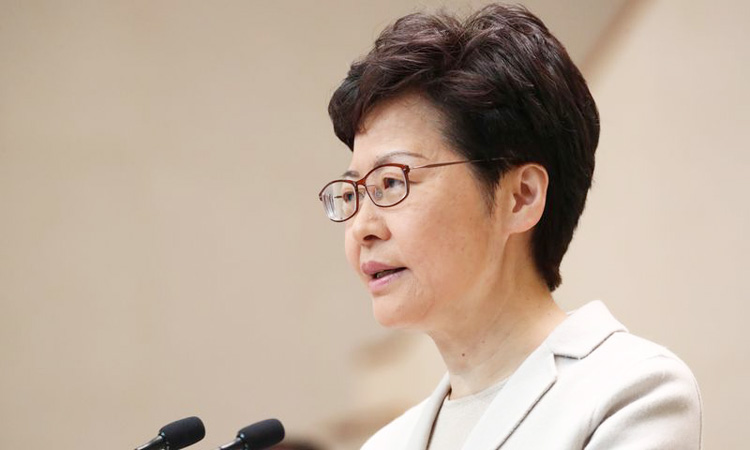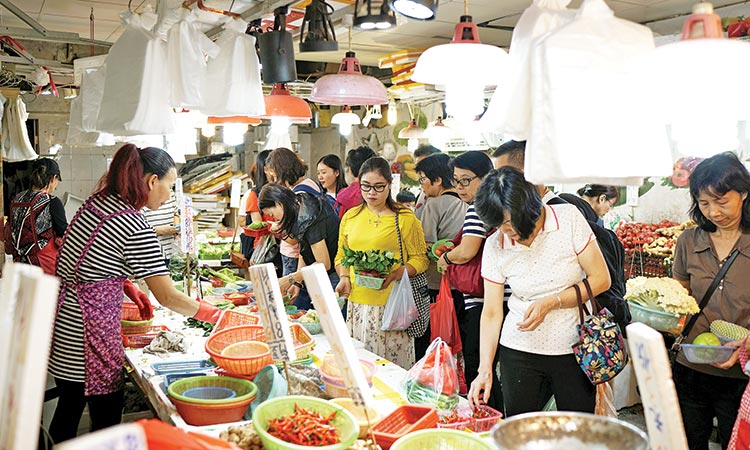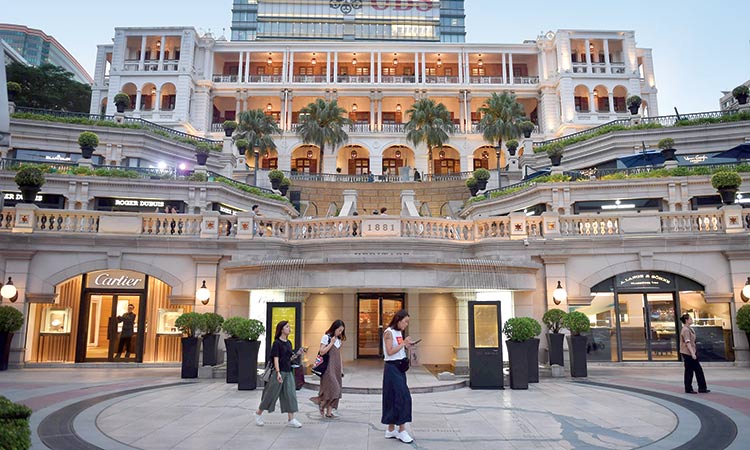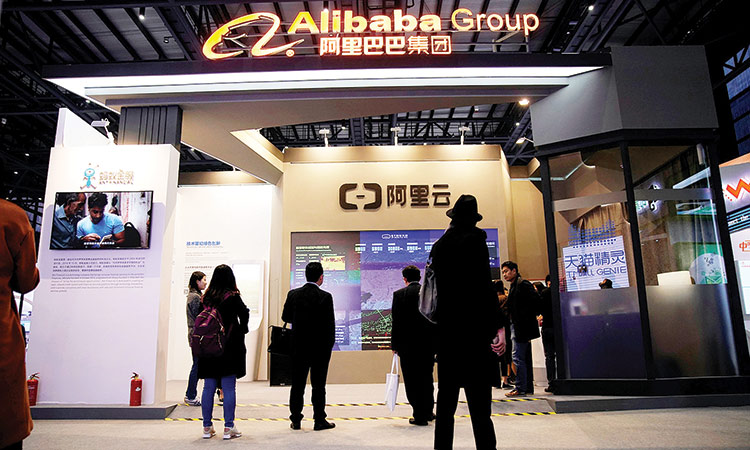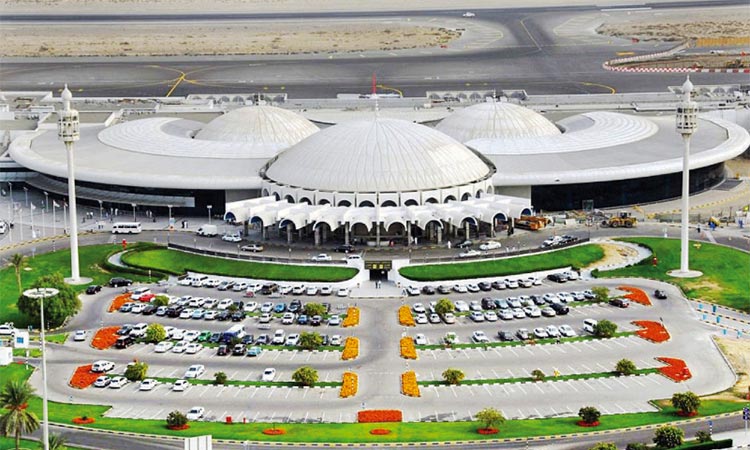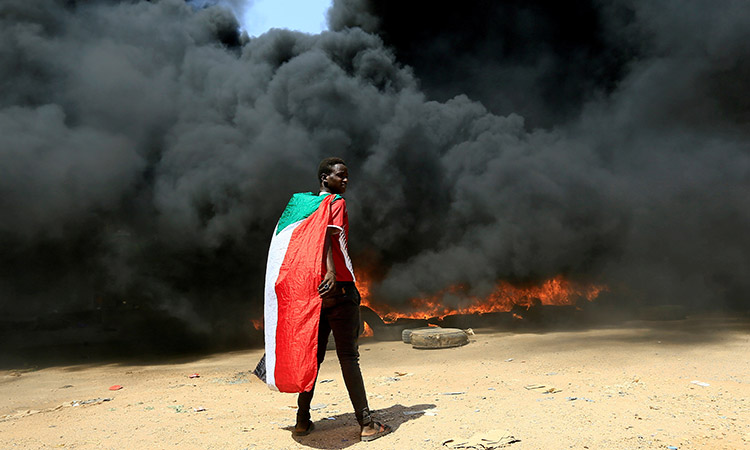HK protesters still face a rocky road ahead
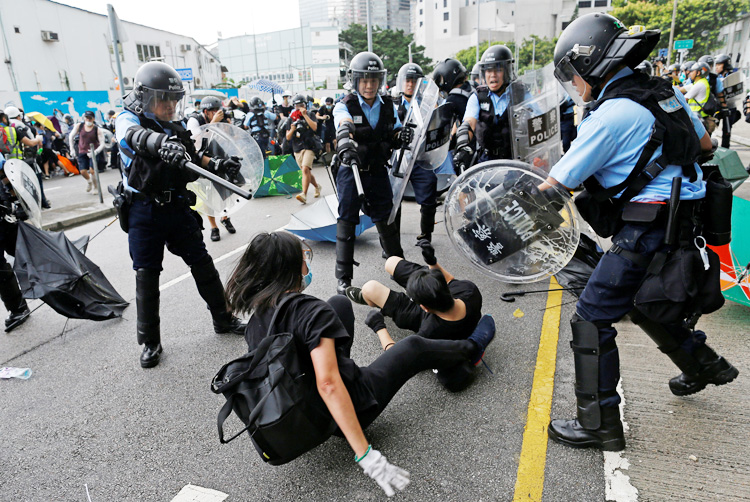
The voter turnout was more than 70 per cent which was a record high.
Kevin Yam, The Independent
The people of Hong Kong came out in their droves to vote in the latest District Councils election, a vital first step in what will be a long, hard road.
While the 18 District Councils in Hong Kong have limited public policy powers, they are important in the city’s political landscape. Certain of the seats in the city’s Legislative Council, as well as the small-circle committee that selects Hong Kong’s leader, are reserved for District Councillors.
This year’s District Councils election has taken place against the backdrop of the nearly six months of protests and voter turnout was more than was over 70 per cent, a record high. Of the 452 seats that were up for grabs, the pro-democracy forces won 388 seats. The landslide result for pro-democracy candidates was an astonishing rebuff for pro-Beijing political forces, which tried to turn the election into a referendum on protester violence. It was a loud message of support from the public for the protest movement’s democratic aims.
The result sparked scenes of joy and celebration in Hong Kong, calls from the international community followed for Beijing and Hong Kong authorities to address voters’ concerns and the protest movement’s demands. However, these positive vibes may prove to be short lived.
First, the Hong Kong Government has responded to these overwhelming results by maintaining its refusal to accede to the public’s demands. Beijing has gone further in downplaying and undercutting the election results. This could very quickly lead to a loss of hope and a return by some Hong Kongers to violent protests.
Second, there have been media reports that Beijing had believed that there would be a “silent majority” against the protest movement. Historically, Beijing had not reacted well whenever it had been proved wrong on anything. Rather than heeding these election results, there may instead be moves to crackdown on Hong Kongers’ rights and freedoms.
Third, pro-Beijing forces had in fact registered gains in these elections, only to be overwhelmed by the unprecedented turnout of pro-democracy voters. The overall percentage voting split between pro-democracy and pro-Beijing forces remain roughly similar to previous Legislative Council election results. If the results on Sunday were repeated in next year’s Legislative Council election, in which only around half the seats are democratically elected through a proportional representation system, the pro-democracy camp will struggle to make electoral gains, let alone form a majority in the Legislative Council.
Fourth, for both legitimate (e.g. having older supporters) and more questionable (e.g. suspicions of voter registration manipulation) reasons, pro-Beijing groups have historically been better at holding on to its voter base compared with the pro-democracy movement. When the tide of emotions from recent months recede, there is a real risk that pro-Beijing forces can keep hold of their gains, while pro-democracy groups could lose support in next year’s Legislative Council elections and beyond.
Fifth, the pro-democracy groups have historically suffered from complacency whenever they have performed better than expected in past elections. Pro-Beijing forces had previously been adept at exploiting this by pouring their overwhelming money and manpower into local communities, and had often succeeded in more than regaining ground lost to pro-democracy candidates. Unless this lesson has been learnt history may well repeat itself.
Yes, victories are to be savoured. But for Hong Kongers, the joy felt over Sunday’s election results may be fleeting. The world must continue to stand with Hong Kongers in their quest to be heard.
